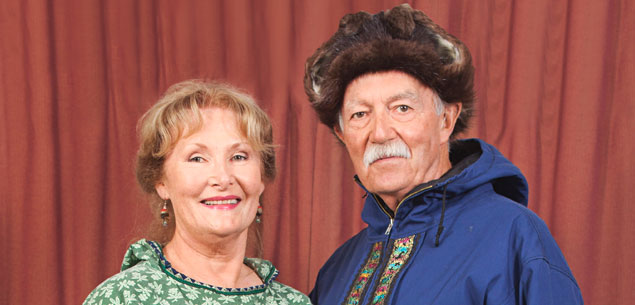There is a school of thought, notably in the US, that says compulsive sex and love behaviours are an addiction. No needles, no hidden bottles of Scotch, but still an addiction which requires intervention along the lines of the 12-step programmes for alcoholics and heroin users. Forget grubby men in raincoats; the ‘addict’, says sex and love therapist Jayme Koerselman, can be anyone. “Any age, teens, 65-year-olds, religious people, women, men, doctors, lawyers, married, single.” In New Zealand, the jury is still out on the addiction model. There is no training here in this specialty – Koerselman trained in his native US – although there are 12-step programmes dedicated to the condition.
What makes someone an ‘addict’?
Koerselman says: “There’s something going on chemically, it’s not just a behaviour problem. Especially with sex addiction that’s the case.” US website loveaddictiontreatment.com explains the process like this: “Oxytocin and other chemicals like endorphins and dopamine are released in spades, engaging the reward circuit in our brains. Connecting intimately with a person makes us feel good with the very same chemicals we become addicted to through the use of any addictive substance, such as heroin or cocaine.”
Wait; we’re not meant to take heroin or cocaine. But love and sex are as natural as breathing…Yes, that’s why the addiction is hard to treat. Once diagnosed, you can’t live your life like the ‘dry drunk’, never forming relationships for fear of the addiction taking over. Love and relating is part of life. But for the ‘addict brain’, the high you get from love or sex is never enough.
Is there any evidence to support the addiction theory?
Some. In 2014 a brain study by the University of Cambridge turned up what many say is powerful evidence sex addiction is a legitimate neurobiological and emotional disorder. But New Zealand therapist Mary Hodson says many researchers criticised the study “because the group studied was very, very small and therefore it is unwise to assume the results would hold true for a larger group.”
Is it just an argument over semantics?
No. If you accept the concept of love and sex addiction, you’re recognising it’s a progressive condition – like alcohol or drug dependency – and should be treated as such. In the US, there are trauma-focused residential programmes, intensive outpatient programmes, individual therapy and group therapy. In New Zealand, the option is pretty much relationship therapy and 12-step programmes. Nic Beets is sceptical about the notion of addiction, but sees nothing wrong with a 12-step programme if people find it useful. It’s a tool “that can be used for good and some people really confront themselves. Whatever path you use to do that is a path for growth.” As for a self-avowed love addict, group support – plus having a sponsor – can be life-changing.
Words by: Maria Hoyle
Photographs by: Miles Aldridge / trunkarchive.com / Snapper Media / Bauersyndication.com.au

.jpg)
